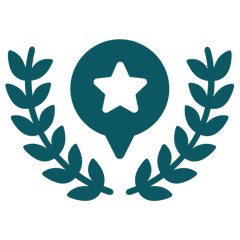We all know that “an apple a day keeps the doctor away,” yet the Centers for Disease Control and Prevention reports that only 4 in 10 children in the United States, and 1 in 7 adults eat the recommended daily amount of fruit. Similarly, fewer than 1 in 10 adults and children in the United States eat the recommended daily amount of vegetables. While this message is simplistic, the underlying message rings profoundly true: the food we consume shapes our health in many ways. As levels of chronic diseases such as heart disease, and type 2 diabetes rise, so does the need for proper nutrition guidance to maintain the health of our population. These statistics make one thing very clear: registered dieticians (RD); defined as health professionals who have special training in diet and nutrition, are integral to the field of public health, and are needed now more than ever.
The roles of RDs include maintaining the health of individuals, and improving health at a population level. On an individual level, RDs work to address specific health issues such as diabetes and hypertension through individual nutritional therapies. Moreover, RDs are responsible for promoting public awareness about proper nutrition standards, enhancing the accuracy of food labels, and improving the nutritional quality of preferred foods through collaboration with food manufacturers. Registered Dieticians' impact on public health is vast, and an RD’s ticket to national certification and a successful career is passing the Registered Dietician Exam.
This article aims to provide a comprehensive guide for preparing for the registered dietician exam, insights into the dietician career path, educational requirements, exam preparation strategies, and tips for success.






